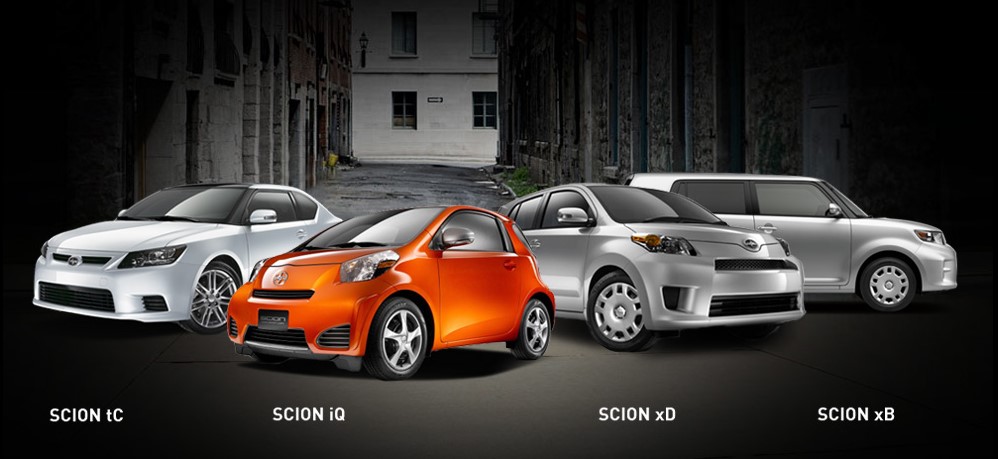
In the rolling hills of southwestern Pennsylvania, where the Monongahela River winds through small towns and sprawling farmland, the search for a reliable vehicle can feel like charting unfamiliar terrain. For residents of Washington, PA, and its surrounding communities—stretching from Canonsburg to Charleroi, McMurray to Waynesburg, and even across state lines into Morgantown and Wheeling, WV—the local auto dealership scene is more than just a marketplace. It’s a cornerstone of regional life, a hub where practicality meets aspiration, and where the hum of engines tells stories of independence, family, and progress.
This article isn’t here to sell you on glossy promises or steer you toward a showroom with rehearsed pitches. Instead, it aims to explore the evolving role of auto dealerships in this corner of the Rust Belt, offering a lens into how they serve a diverse and dynamic region. Think of this as your roadmap—not to a single destination, but to a broader understanding of what these businesses mean to the communities they call home. With the precision of a seasoned reporter and the curiosity of a local driver, we’ll dive into the details, uncover the trends, and reflect on the human stories behind the wheel.
A Legacy on Four Wheels: The History of Auto Dealerships in Washington, PA
Washington, PA, is a town steeped in history, from its Whiskey Rebellion roots to its modern-day role as a bedroom community for Pittsburgh’s workforce. Auto dealerships here trace their lineage back to the mid-20th century, when the rise of the Interstate Highway System and suburban expansion fueled a booming demand for personal vehicles. Back then, buying a car wasn’t just a transaction—it was a rite of passage, a symbol of upward mobility in a region shaped by steel mills and coal mines.
Fast-forward to today, and the landscape has shifted. While the nostalgia of chrome bumpers and tailfins lingers, dealerships in Washington and its neighboring towns have adapted to a new era. They now cater to commuters crisscrossing I-79, families seeking fuel-efficient SUVs, and retirees eyeing compact sedans for weekend drives to Oglebay Park. Yet, the essence of these businesses remains rooted in community. They’re not just selling cars—they’re selling trust, reliability, and a connection to the region’s past and future.
Take, for instance, the story of a third-generation mechanic turned dealership owner, whose family name has graced Washington’s Main Street for decades. His lot isn’t just a place to browse vehicles; it’s where locals swap stories about high school football games, share tips on the best fishing spots along the Monongahela, and debate the merits of all-wheel drive for snowy West Virginia winters. This isn’t a faceless corporation—it’s a neighbor, a stakeholder in the region’s identity.
New or Used? The Eternal Question in a Shifting Market
Let’s shift gears and tackle the age-old dilemma: new or used? In a region where budgets vary as widely as the terrain, this question isn’t just practical—it’s personal. For some, a new vehicle represents the pinnacle of achievement, a reward for years of hard work. For others, a pre-owned car is a smart, sustainable choice, offering value without sacrificing quality.
Data from the National Automobile Dealers Association underscores the complexity of this decision. In 2022, used vehicle sales nationwide outpaced new vehicle sales by a ratio of nearly 2:1, driven by supply chain disruptions and rising inflation. In Washington, PA, this trend is amplified by the region’s economic diversity. A steelworker in Charleroi might prioritize a dependable used pickup for hauling tools, while a young professional in McMurray might splurge on a new electric vehicle to.
